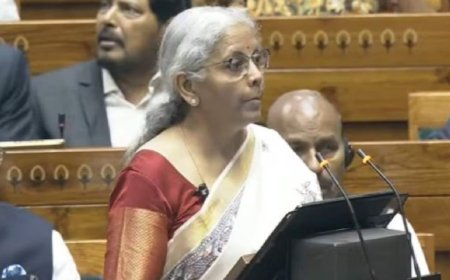Know Uniform Civil Code
Know Uniform Civil Code
Uniform Civil Code is the ongoing point of debate within Indian mandate to replace personal laws based on the scriptures and customs of each major religious community in India with a common set of rules governing every citizen. In India the purpose of Uniform Civil code is to replace the personal laws based on the scriptures and customs of each major religious community in the country with a common set governing every citizen.
A uniform civil code will mean a set of common personal laws for all citizens. Currently, for example, there are different personal laws for Hindus and Muslims. Personal law covers property, marriage and divorce, inheritance and succession.
The uniform civil code became a flashpoint in Indian politics in 1985 during the Shah Bano case. The Supreme Court had held that Bano, a Muslim woman, should get alimony from her ex-spouse. In the context of that judgment the court had said an uniform.Personal laws were first framed during the British Raj, mainly for Hindu and Muslim citizens. The British feared opposition from community leaders and refrained from further interfering within this domestic .
The demand for a uniform civil code was first put forward by women activists in the beginning of the twentieth century, with the objective of women's rights, equality and secularism. Till Independence in 1947, a few law reforms were passed to improve the condition of women, especially Hindu widows. In 1956, the Indian Parliament passed Hindu Code Bill amidst significant opposition. Though a demand for a uniform civil code was made by Prime Minister Jawaharlal Nehru, his supporters and women activists, they had to finally accept the compromise of it being added to the Directive Principles because of heavy opposition.
The constitution has a provision for Uniform Civil Code in Article 44 as a Directive Principle of State Policy which states that The State shall endeavor to secure for the citizens a uniform civil code throughout the territory of India.
There are a number of cases where the Supreme Court has referred to Article 44 and the concept of uniform civil code, mainly to highlight the lacklustre attitude of the executive and the legislature in the implementation of the directive.
Article 44 of the Constitution calls upon the State to endeavour towards securing a uniform civil code throughout the territory of India. It falls within Part IV of the Constitution titled as Directive Principles of State Policy (DPSP) and understood as exhortations to the State to be kept in mind while governing the country.
What's Your Reaction?











































































